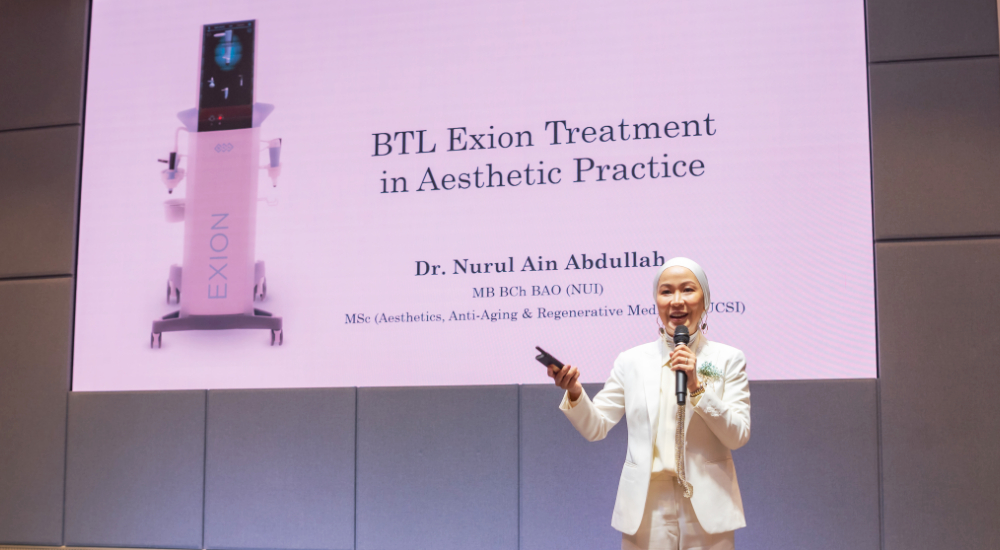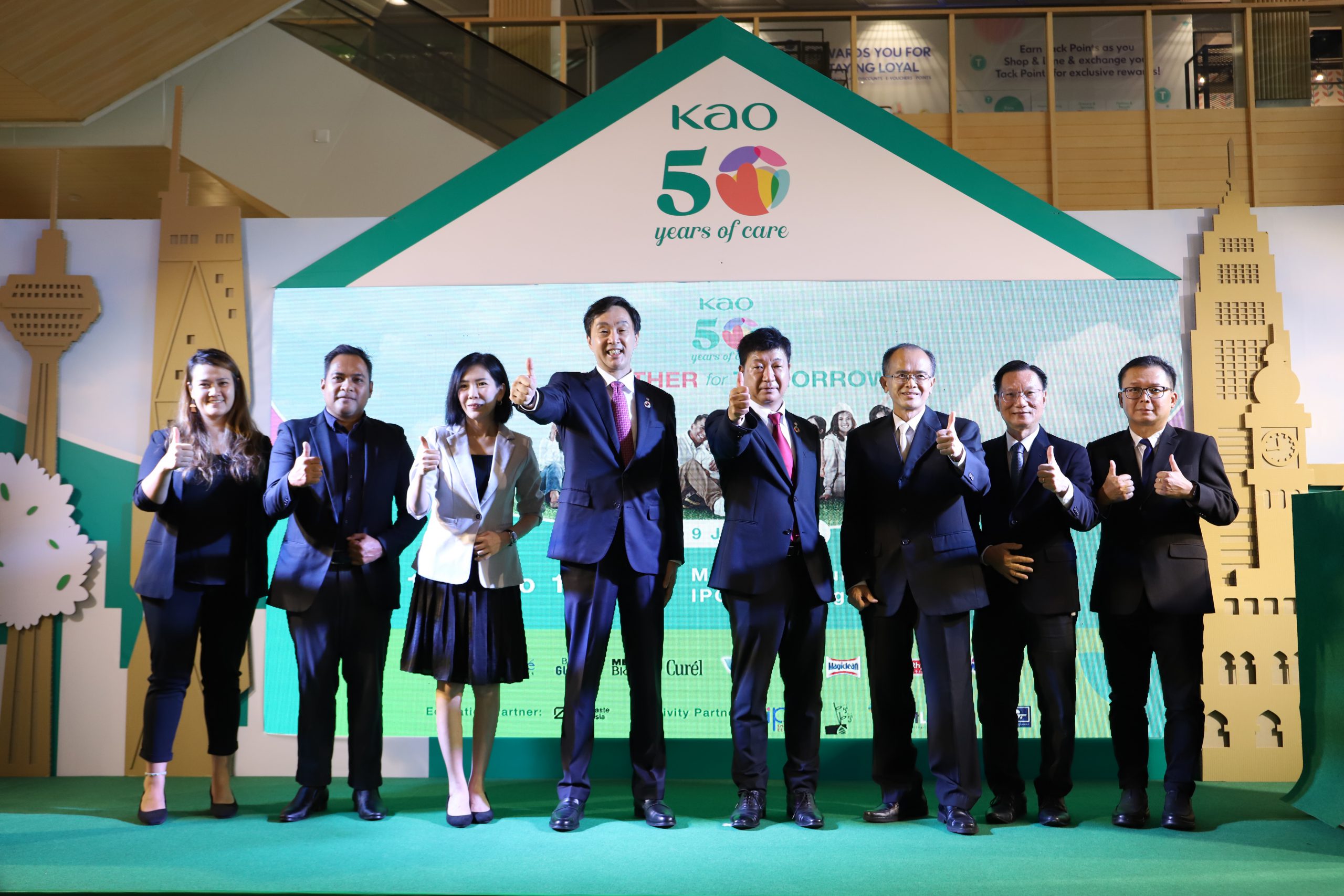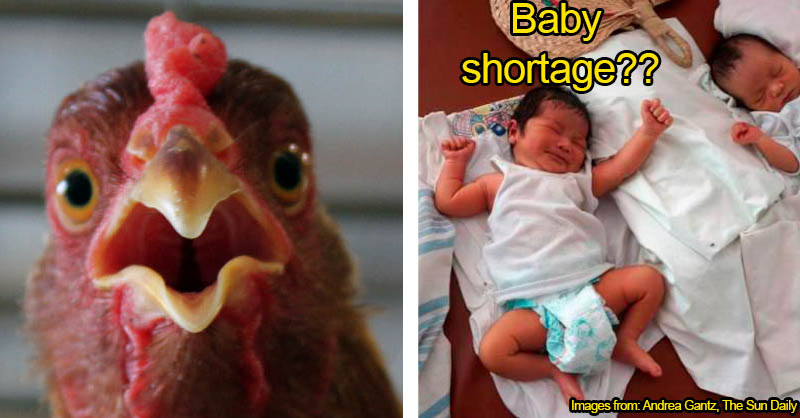Can you sue the Malaysian celeb who promoted whitening supplements for babies? We find out
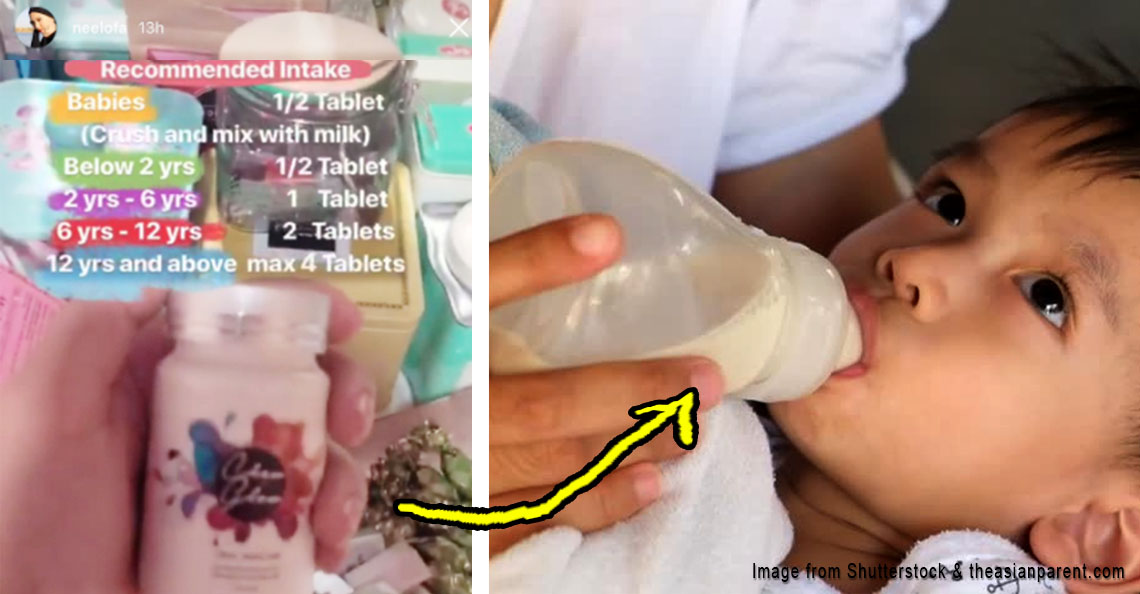
- 751Shares
- Facebook709
- Twitter7
- LinkedIn10
- Email1
- WhatsApp20
While you were scrolling through your social media feeds, you’ve probably see one or two Malaysian celebs promoting a bunch of products like teeth-whitening powder and pills for perfect skin on their Instagram accounts. Nothing terribly exciting… until we heard that Neelofa was promoting an anti-wrinkle, whitening pill for babies! What?!
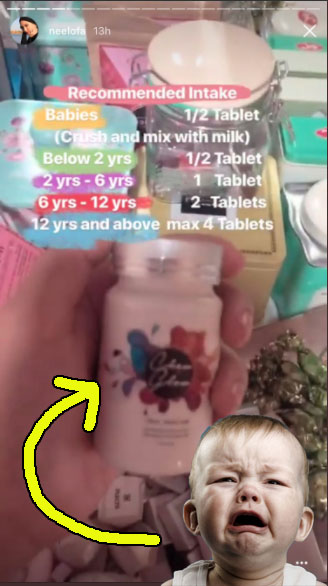
Neelofa is a popular Malay actress, TV presenter, model and entrepreneur, for those who don’t know. We found the product she was advertising, created by a Malaysian brand called Chew N’ Glow, of which Neelofa was hired as brand ambassador. You can busybody a bit on the product here, which claims to reduce wrinkles and give you fairer, tighter skin. The product description says it’s suitable for all ages, including babies and pregnant women. It doesn’t explicitly state you should give it to your infants, but Neelofa herself was advertising the recommended dosage for babies and young children. But why the heck do babies need to reduce wrinkles?!
Needless to say, a lot of Malaysians not very happy with it la… quite a few people bashed Neelofa for promoting such a ‘risky’ supplement for babies, calling it unethical.

Neelofa tweeted in response to all the drama on social media, saying that she is ‘aware’ of the controversy and that the brand, Chew N’ Glow is “working hard to resolve it”. Of course, we had to dig deeper into this allegedly ‘baby-friendly’ anti-wrinkle product…
Has anyone even inspected the product to see it it’s safe?!
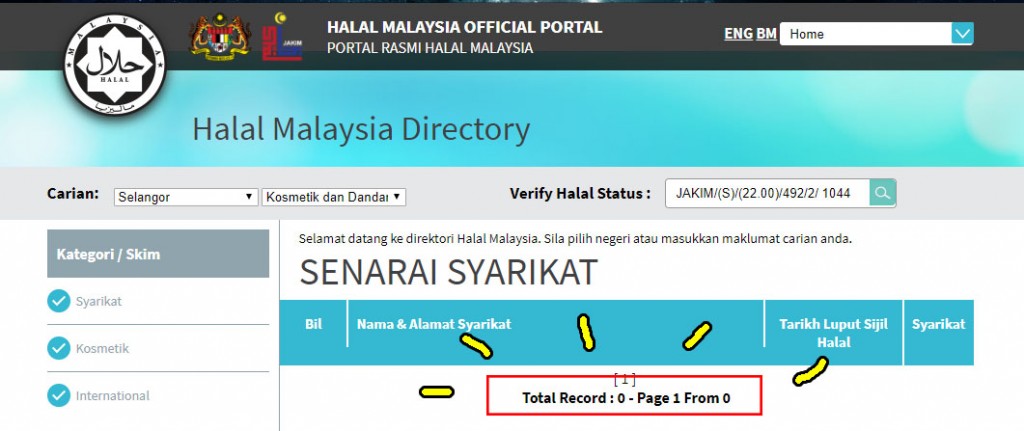
According to the product description on Lazada, the product claims to be approved by the Health Ministry (MOH) and has halal certification since 2015. We gotta know… is it really licensed by MOH or JAKIM?
We looked these product’s name up on the Halal Malaysian Directory first, which shows *gasps* NO RESULTS. The company’s name wasn’t listed anywhere, so we couldn’t confirm if the company has a halal license. The halal registration number they promoted on their website also cannot use – we copied and pasted their entire number into the search box of the JAKIM directory. So for those of you who are wondering if the product is truly halal… it probably isn’t? At least not according to JAKIM?
Typing the name of the product in the National Pharmaceutical Regulatory Agency (NPRA)’s online portal since they claimed to be approved by MOH, and also typing in their ‘Kementerian Kesihatan Malaysia (KKM) licensing number as advertised on their website showed nothing again.
If you do a quick Google search on MOH-approved products, you’ll find that Chew N’ Glow’s ‘license number’ starting with KKM isn’t even remotely close to what actual registration numbers are supposed to look like!! MOH-approved registration numbers are supposed to start with MAL, followed by an 8-digit number and ends with X, T, or N (for example, MAL20125467T) and they’re supposed to have a silver Meditag hologram sticker on its packaging or label.
However, Chew N’ Glow is actually considered a cosmetic product by the government (because it’s a product to make you more beautiful), which is registered a totally different way (we’ll discuss this below).
Some of these ingredients have not been properly studied
Looking into the actual contents of the supplement, the product description on their website has a whole list of ‘active ingredients’, including phytoceramide, superoxide dismutase, a bunch of vitamins and… growth factor concentrate.
While some are even FDA-approved (which means it has been tested and approved by the US Food and Drug Administration), many of the ingredients used do not have enough scientific studies conducted on them to prove whether they actually work since they’re still pretty new. Unfortunately, there’s no concrete evidence to prove that eating them will be absorbed by the body.
One of the studies (carried out on adults, not anyone under 18 by the way) show that the recommended dosage for superoxide dismutase is quite high for the supplement to have any effect. Chew N’ Glow doesn’t list how much of each ingredient they use, or even if the pills actually contain the ingredients they claim to have.

Because the product is unregistered with MOH, it’s hard to confirm the product is safe because it hasn’t been tested and approved by MOH or NPRA, so it could have all sorts of nasty stuff in it that isn’t so… beautifying, like the New Straits Times has found in 2016.
The cosmetic products that NST tested in labs, including weight loss pills and various whitening products, was found to contain really toxic ingredients like mercury, lead, and hydroquinone, which the Health Ministry had already banned. These dangerous chemicals can cause a bunch of seriously nasty health problems like kidney failure, brain damage, and cancer. To make it even worse, you’ll only see the effects a few years later – so you won’t know until you kena. In fact, we did a more in-depth story last year about illicit cosmetic products, which you can read here.
If you’re in doubt, you should always consult a pediatrician before you give your babies anything! If any supplement contains mercury, it can disrupt the brain development of children or even unborn babies. Still don’t believe us? Some real doctors have also responded to this issue on social media.
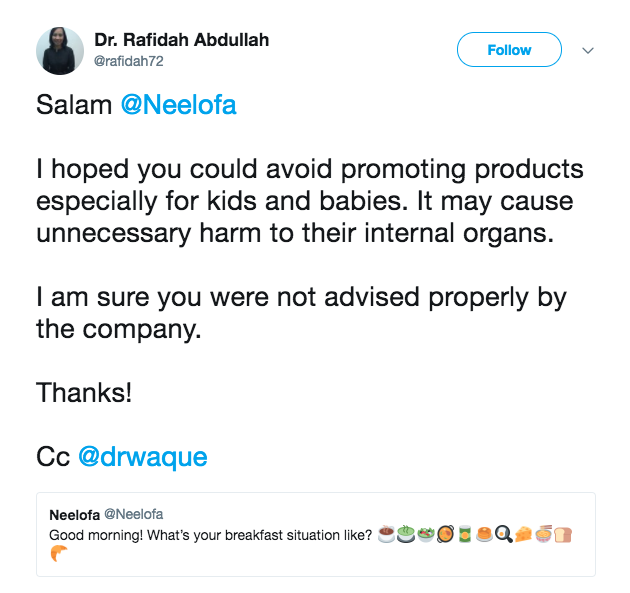
Dr Amalina Bakri (yeah, the girl who got 17A1s for SPM back in 2004) who is a surgical trainee at The Royal College of Surgeons of England, tweeted the same thing, asking parents to consult a pediatrician before you give children, especially babies, any supplements. Infants generally don’t need any additional supplements unless they have a medical condition.
“For the first six months, breast milk is sufficient in providing the babies with all the vitamins and minerals they require and no additional supplements are needed” – Deputy Health Minister, Datuk Seri Dr Hilmi Yahaya in response to this issue, via the Star
Can you sue Neelofa for misleading advertising?
Now that we’ve managed to debunk several claims made by Chew N’ Glow, we really had to know if you could legally sue Neelofa or the company for false advertising. We referred to this article by AskLegal into the whole topic of misleading advertising. To cut straight to the chase, the answer is no, you can’t sue Neelofa for promoting Chew N’ Glow. Because there isn’t an actual way for customers to directly sue a company for misleading advertising to claim damages.
There’s a Malaysian Code of Advertising Practice which seeks to ensure that printed advertisements are lawful and honest. However, the code is designed for self-regulation, and is not an actual law in Malaysia. That’s because there’s no actual enforcement agency that goes around to enforce this code.
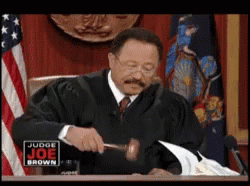
Buut that doesn’t mean companies can cincai claim stuff on their ads. Customers CAN file a complaint to the the Malaysian Communications & Multimedia Content Code (MCMC) because the ad was posted online. If MCMC finds that the advertiser deliberately mislead customers, the company can be penalized by a fine up to RM 50,000 and/or be required to remove the offending advertisements.
Did you know NO lab testing is required before you start selling cosmetics?
Earlier we talked about how cosmetic products are registered a different way. Sellers only need to notify the Director of Pharmaceutical Services (DPS) through the National Pharmaceutical Control Bureau (NPCB). It’s actually an offence not to notify them.
However, is the ‘notification’ policy helping to promote good safety practices in Malaysian beauty products? In order for you to start selling a product, all a seller gotta do is go online and ‘notify’ the government that they’re about to put the product on sale. They have to pay RM50 as processing fees and wait 1-3 days for the notification number to be generated, then habis cerita.
Sellers/distributors are allowed to start marketing their products for two years with no tests or screenings required to make sure the product is safe and not going to be harmful to consumers.
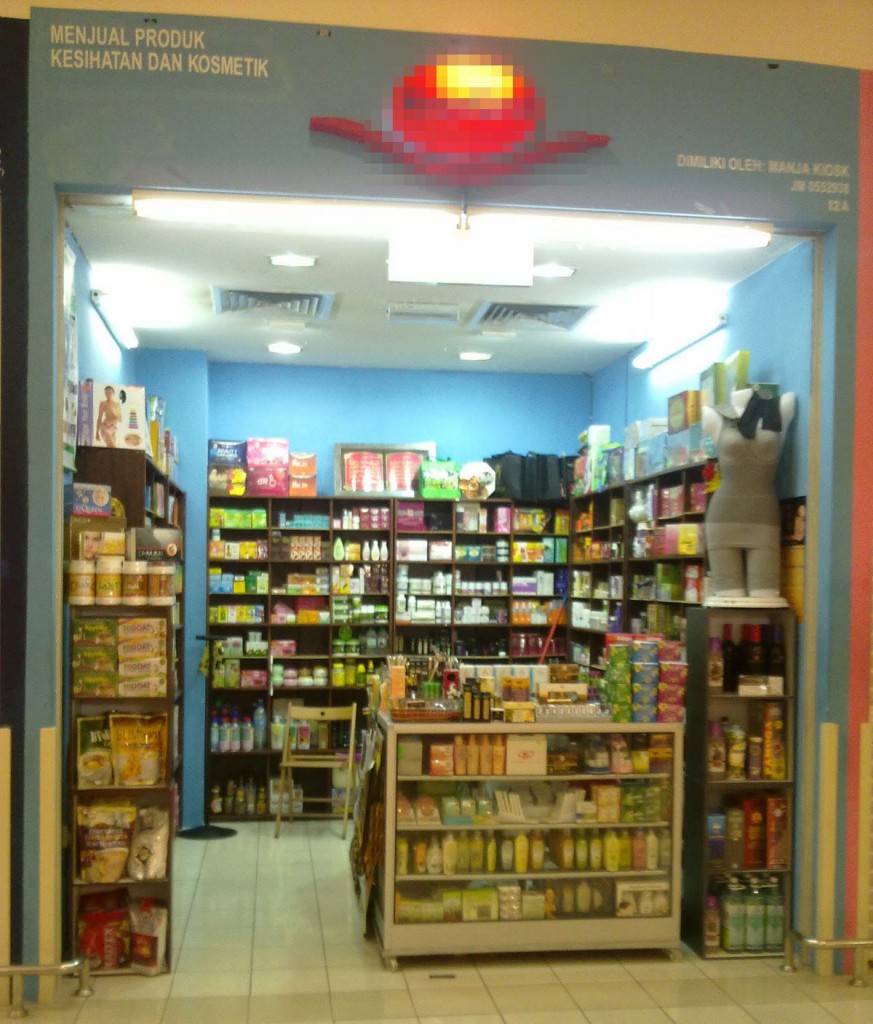
The idea is that sellers will be given the benefit of the doubt, by assuming manufacturers will be honest about what they put inside their products and conduct their own testing. In the current regulatory system, if any products are found to contain any harmful or even deadly substances, sellers only have to recall the product within 72 hours without any legal implications. A best-selling whitening product produced by Datuk Vida was banned by the gomen in 2017, after the NPRA found mercury in the creams.
But that’s only if they receive complaints from the public and the consumers have already experienced side effects from taking any toxic products.
“It is true that on the part of the ministry, we monitor them through our post-market surveillance, where we pick up samples and test them for harmful substances. We admit that the current system is rather loose and the need for a change is paramount.”- Deputy Health Minister, Datuk Seri Dr Hilmi Yahaya, via the New Straits Times
On the other hand, registering a traditional or health supplement legally with NPRA can take up to 136 working days, extensive lab testing and a lot of paperwork before they approve it.
Got soo many supplements… how do we know which ones are safe?
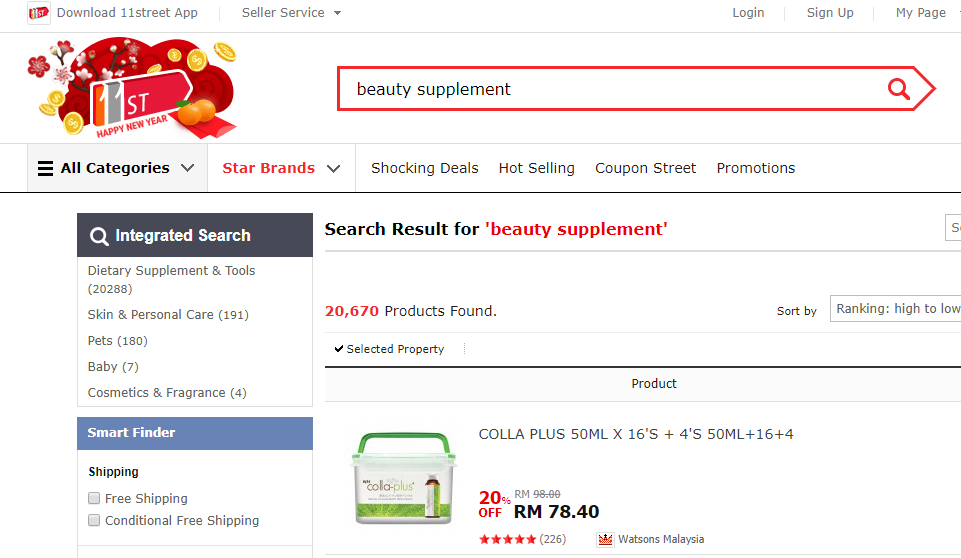
If you Google ‘beauty supplements’, thousands of them pop up on shopping websites like Lazada, 11th Street or Shopee… so how do we identify if they’re safe or not? You’ll never know what kind of hidden stuff are in these supplements or if its actually safe for consumption unless it’s been verified by the NPRA.
“Be sure to consult a specialist before taking any supplements, and most importantly, make sure the supplements are approved by the MOH. Do not be too obsessed with a product of which we do not know the nutritional content.” – Dr Khairul Nizam Mat Nayan, Head of the Dietetics and Food Service Department at Sultanah Bahiyah Hospital, Malay Mail Online
Do your research before you buy a supplement, and don’t believe all the reviews posted online. Sometimes, it’s better to be safe than sorry. You can even check the NPRA’s list of banned products, so you can check out how safe a product is before you click ‘buy’, OR you can look out for the MOH-approved silver Meditag sticker on any supplements, with a genuine product registration code, although currently the Meditag requirement does not apply to cosmetics.
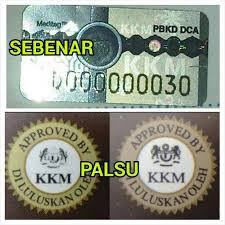
If you still want to take supplements, maybe you can buy imported beauty supplements which have USP, NSF, or ConsumerLab certifications – they’re independent organizations that test the safety of supplements by running extremely strict tests. On the other hand, if you wanna report a beauty supplement or cosmetic product you feel iffy about, you can click here.
Yes, the market is saturated with random brands of health supplements and beauty products nowadays. There’s even homemade ones now which a lot of people love. While they may not all be dangerous, perhaps it’s best not to take a gamble with your health and beauty, especially when it comes to your babies.
- 751Shares
- Facebook709
- Twitter7
- LinkedIn10
- Email1
- WhatsApp20


